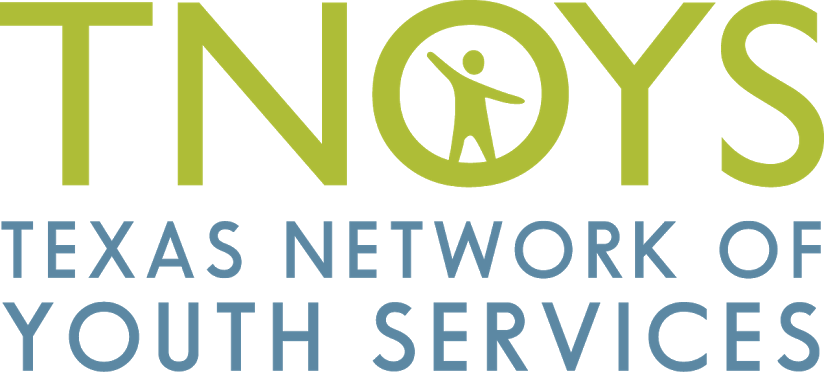Austin – The Texas Network of Youth Services (TNOYS), a statewide organization that strengthens services for Texas youth and families, has teamed up with Mission Capital on new research about how child welfare providers in Central Texas integrate trauma-informed practices and community voice throughout their work. Findings from this research will help inform strategies to strengthen implementation of TIC and youth voice in Central Texas’ child welfare system, as well as TNOYS’ ongoing work to equip youth-serving providers with cutting-edge resources to better serve systems-involved youth and young adults.
TNOYS heard directly from Central Texas child welfare providers, youth, and young adults through a survey, focus groups, and listening sessions. TNOYS’ new report, Assessing Trauma-Informed Care and Community Voice in Central Texas’ Child Welfare System, outlines several barriers to integrating trauma-informed care and community voice. The report also outlines recommendations that include training on trauma-informed care (TIC) implementation, improved data sharing across systems, and the need to better integrate community voice.
“Child welfare providers in Central Texas have taken many positive steps to understand and implement trauma-informed care and community voice over the past several years,” explains Sedoo Ijir, TNOYS Program Manager. “However, with nearly 20% of Texas’ foster youth served in Central Texas, there remains a strong need to ensure providers have the resources and technical assistance needed to strengthen these evidence-based practices.”
Because TNOYS believes it is critical to engage youth and young adults (YYA) in the services that support them, the voices of YYA were central to this research. Members of TNOYS’ Young Adult Leadership Council (YALC) developed and led listening sessions with other YYA that were guided by Youth Participatory Action Research. TNOYS uncovered several important findings from YYA who have lived experience with the child welfare system in Central Texas. These findings include how extreme restrictions create barriers to normalcy, the need for more meaningful support, and the need for training to address underlying biases.
“Young people who have experienced trauma need to feel that they are true partners in decisions that affect them,” explained Fedora Galasso, TNOYS Chief Executive Officer. “Youth-serving providers can effectively address these needs by incorporating community voice and trauma-informed approaches such as Transparency, Collaboration, and Empowerment.”
The full report is available here. For more information about TNOYS’ research and findings, please email us at info@tnoys.org.
###
